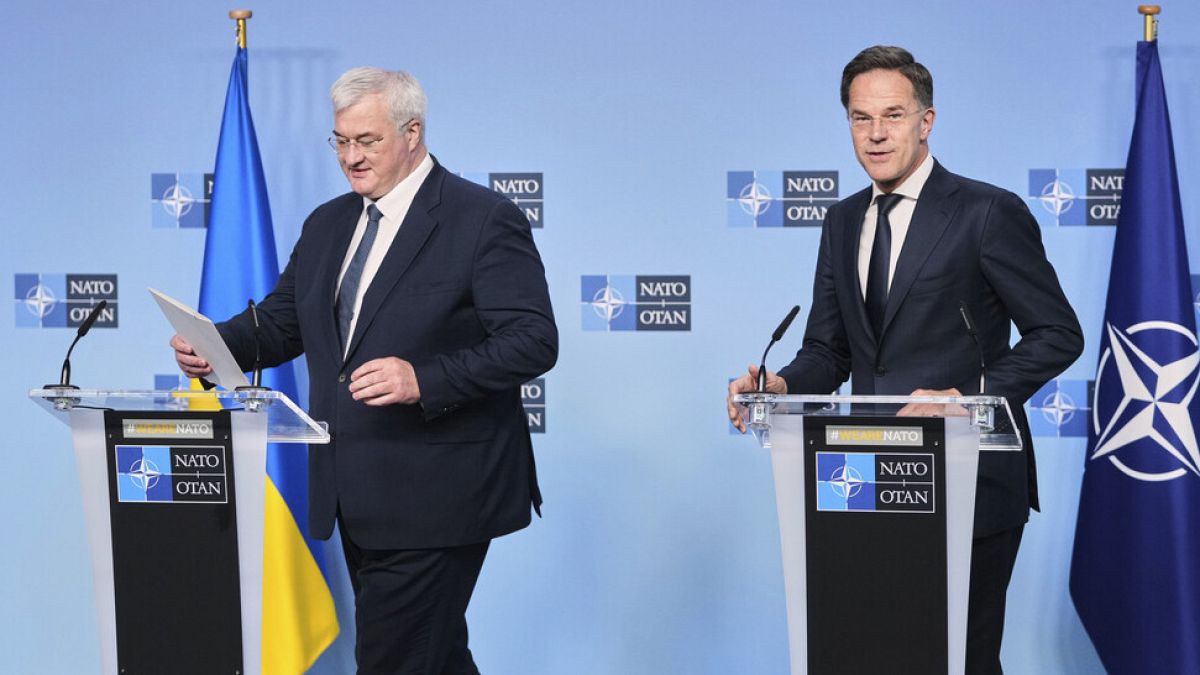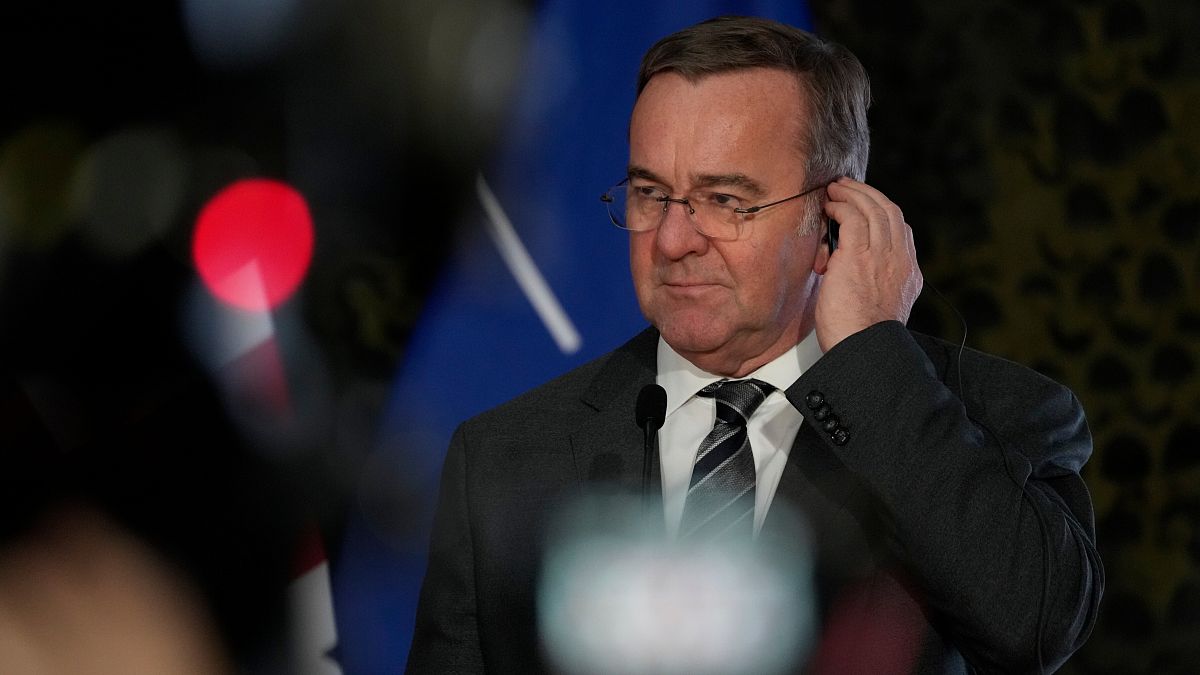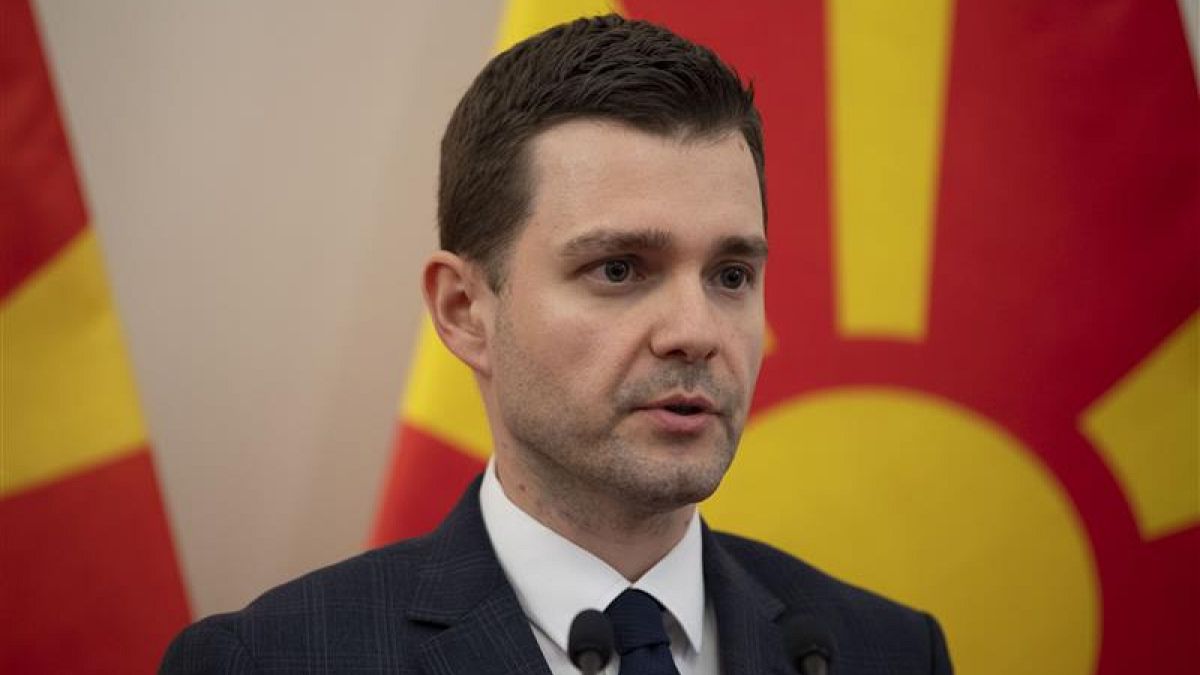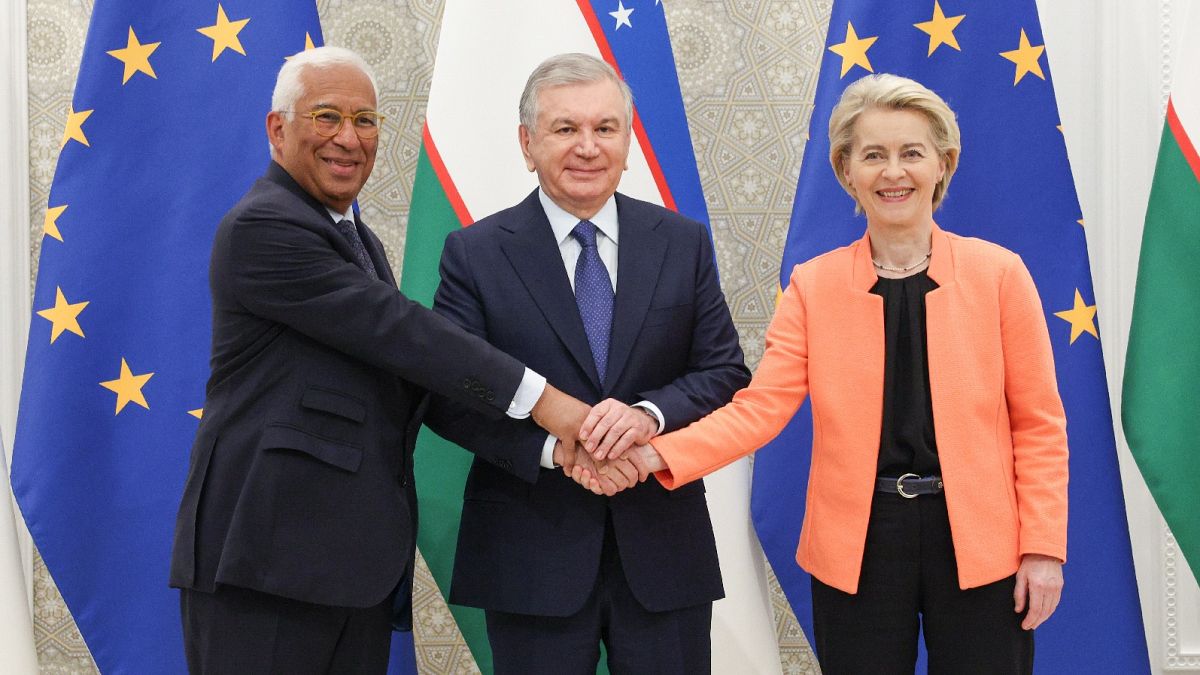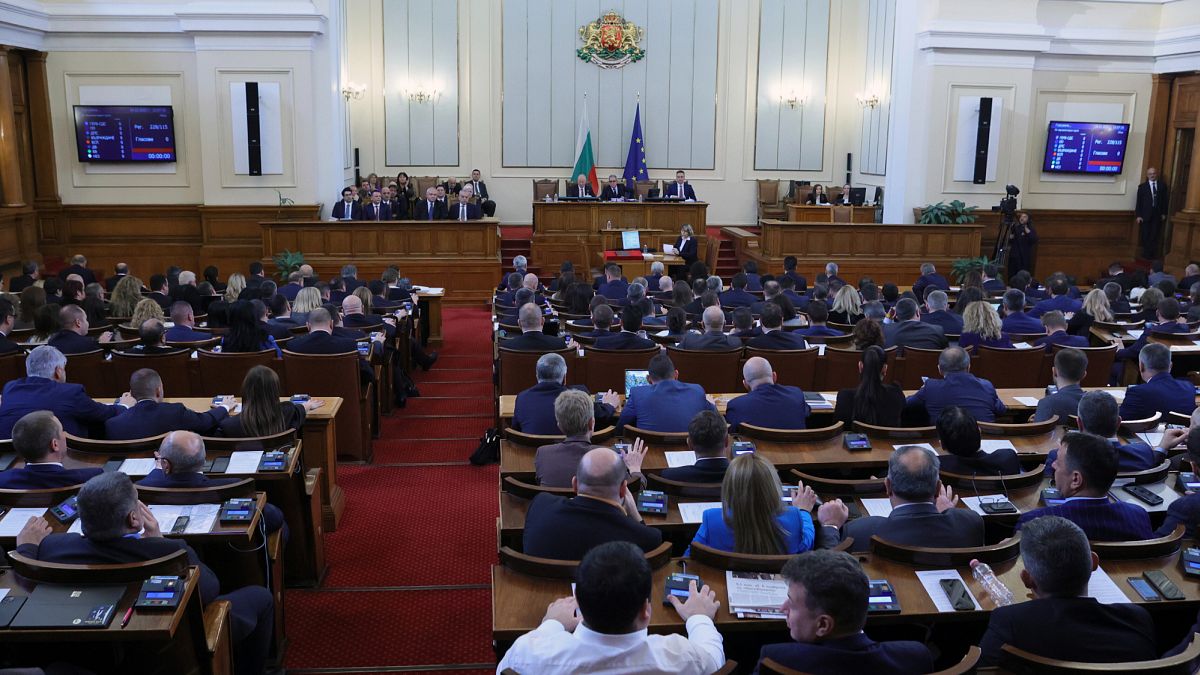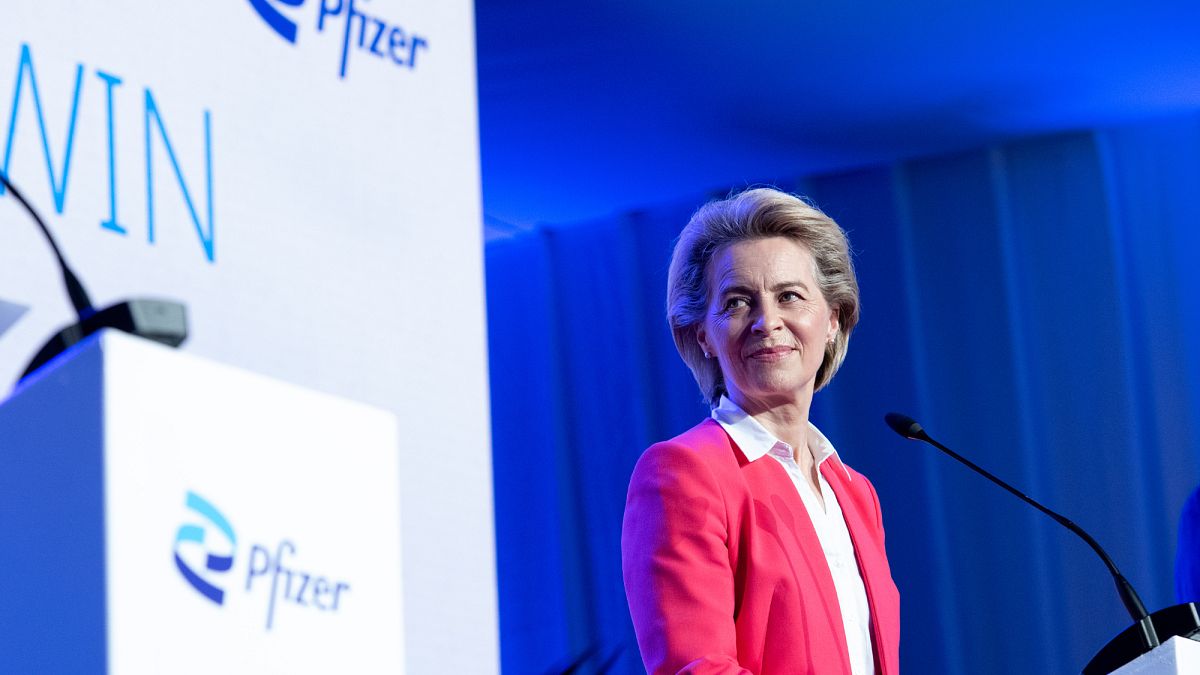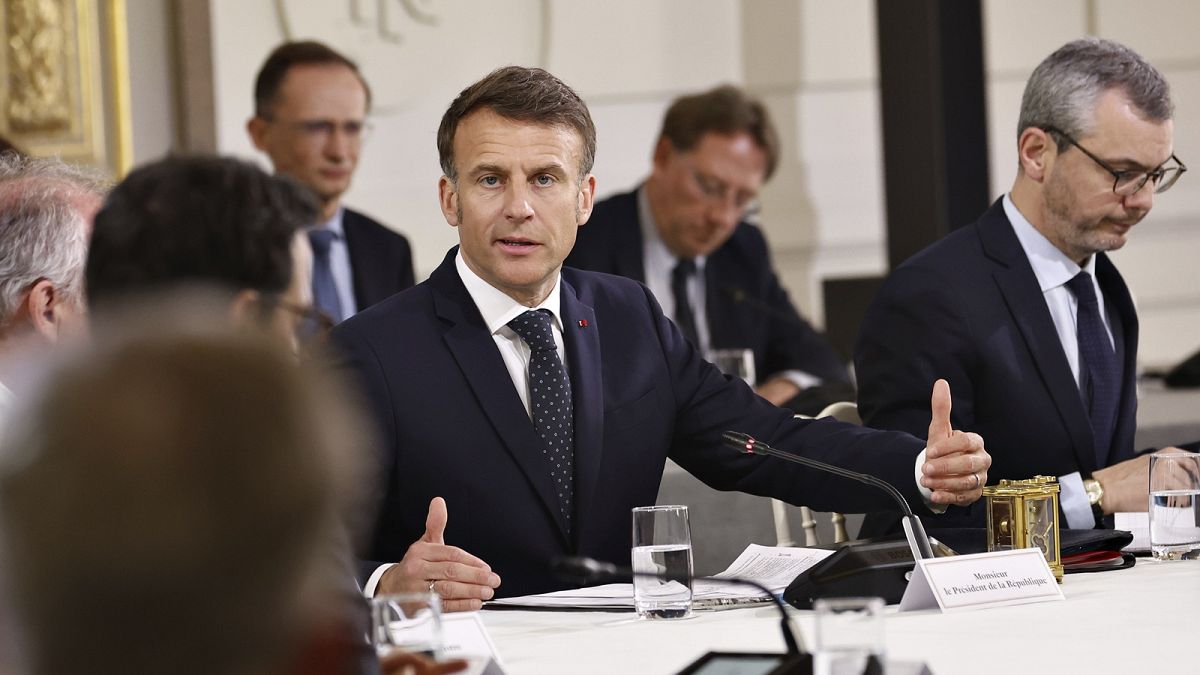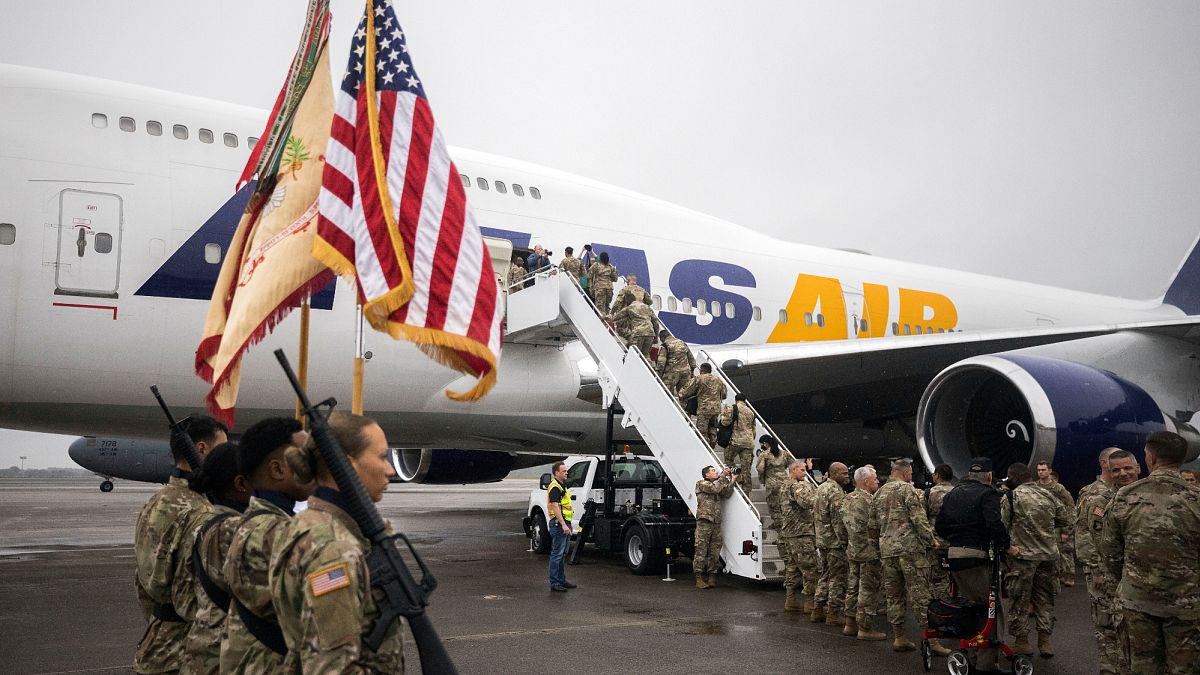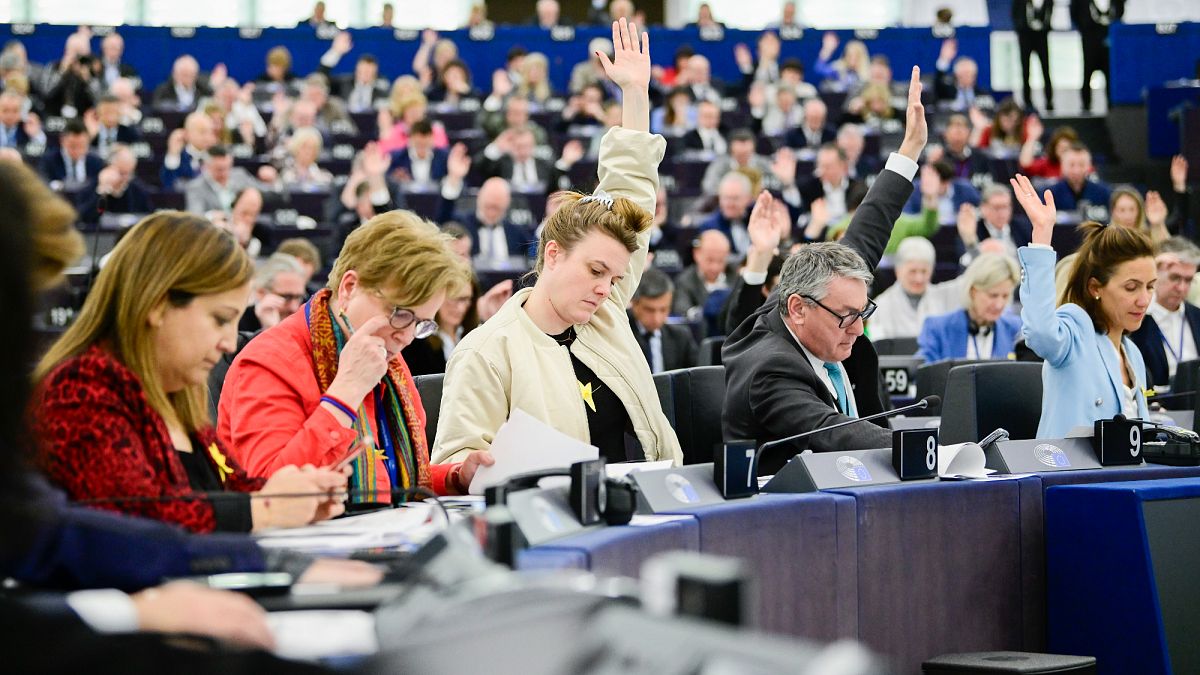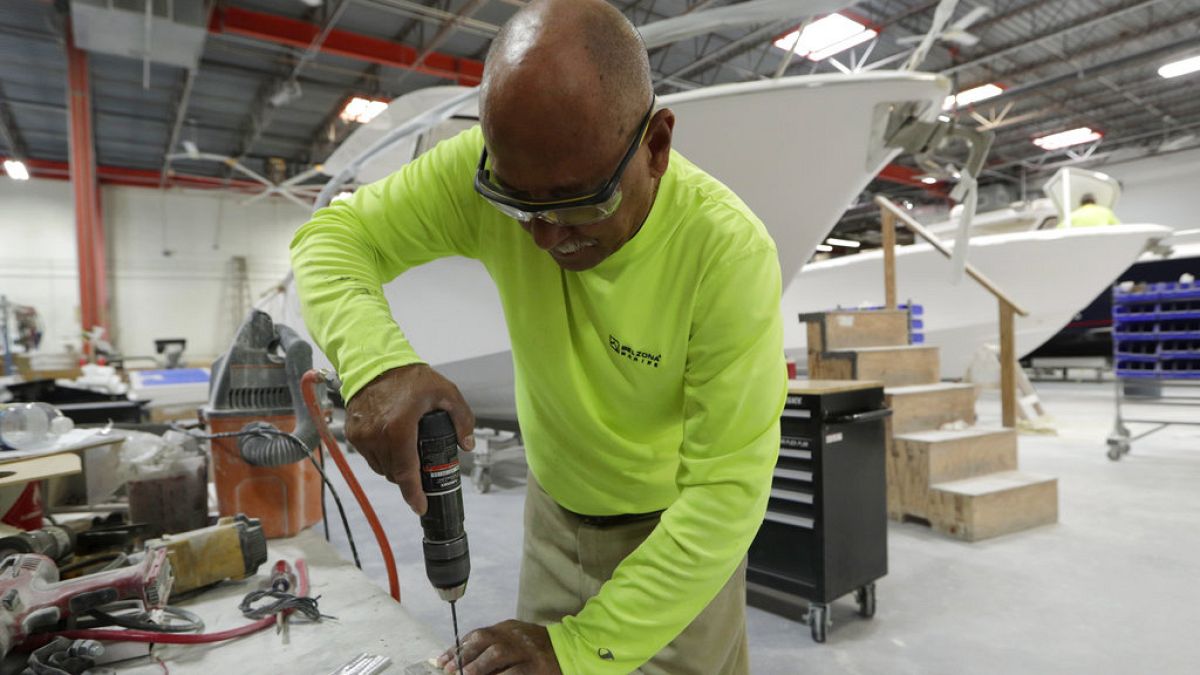The surprise visit comes a day after Pistorius met with his counterparts from France, the UK, Italy and Poland to discuss coordinating their defence plans and assistance for Ukraine.
German Defence Minister Boris Pistorius arrived in Kyiv on Tuesday on an unannounced visit following a meeting in Warsaw on Monday with his counterparts from France, the UK, Italy and Poland.
Pistorius said that his visit was meant to underscore Germany’s strong support for Ukraine at a time when the looming inauguration of US President-elect Donald Trump looks set to transform Washington’s policy on the war.
Pistorius said that his visit “is a signal that Germany, as the biggest NATO country in Europe, stands by Ukraine — not alone, but with the group of five and many other allies”, adding that “Germany, as the largest NATO partner in Europe, naturally plays a special role in this, as it has done over the past three years”.
Germany and the four other countries are Europe’s five top military spenders.
Trump has criticised the war’s cost to US taxpayers and has promised to bring the conflict to a swift end without specifying how. He has also made it clear that he wants to shift more of the burden of supporting Ukraine onto Europe.
Ukrainian President Volodymyr Zelenskyy, meanwhile, met with French President Emmanuel Macron to discuss strategies for keeping Ukraine safe.
Macron prompted pushback from other leaders and appeared isolated on the European stage last year when he floated the possibility of putting Western troops in Ukraine, but the issue appears to be back on the agenda. Zelenskyy has said that Ukraine needs security guarantees to bolster any peace agreement — and he said late on Monday that he had discussed the problem with the French leader.
“As one of these guarantees, we discussed the French initiative to deploy military contingents in Ukraine,” Zelenskyy said. “We considered practical steps for its implementation, possible expansion and involvement of other countries in this process.”
Sending European troops as peacekeepers to Ukraine would be fraught with risk. Such a move may not deter Russia from attacking Ukraine again in the future, which is Ukrainian officials’ greatest fear, and could drag European countries into a direct confrontation with Moscow.
That, in turn, could pull NATO — including the US — into a full-blown multinational conflict.


